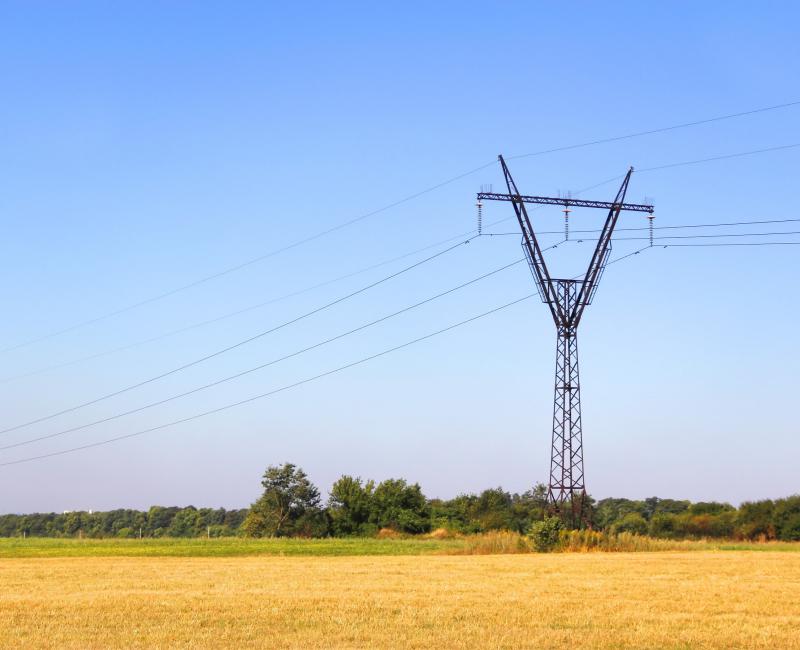System Operation

The System Operation Regulation
The System Operation (SO) Regulation sets out rules to ensure operational security, frequency stability, energy quality, and the efficient usage of the interconnected system and its resources.
The SO Regulation also defines obligations for Transmission System Operators (TSOs), National regulatory authorities (NRAs), and ACER concerning the development of Terms and Conditions or Methodologies (TCMs), as well as describing their adoption process. TCMs establish the technical guidelines and rules to further define the provisions outlined in the electricity market regulations. Their aim is to create a common and harmonised regulatory framework within the EU and to ensure transparency and fair practices.
This page provides an overview of the TCMs developed under the SO Regulation and presents an indication of their implementation status.
-
Further updates on the implementation status
The information on the implementation status of the TCMs has been compiled by ACER on the inputs provided by NRAs. It will undergo updates as soon as the relevant monitoring is conducted. In some cases, additional information or clarifications from regulatory authorities might be needed.
EU-wide Methodologies
EU-wide methodologies are developed jointly by all TSOs or all Nominated Electricity Market Operators (NEMOs) at a pan-European level. They provide guidelines and standards that govern energy operations across all Member States.
Connection of CCRs is expected to take place gradually between 2022 and 2026.
Implementation of the amendments introduced in 2021 is underway and expected to be concluded by 2025-2025 (as it is linked to the implementation of ROSC).
Regional Methodologies
Regional Methodologies are developed by relevant TSOs or NEMOs at a regional level. These regions may span multiple countries or specific geographical areas within the EU and are tailored to address the needs and dynamics of the defined areas.
Methodology for regional operational security coordination
Implementation is underway and planned to be concluded by 2025/26.
Implementation is underway and planned to be concluded by 2025/26.








